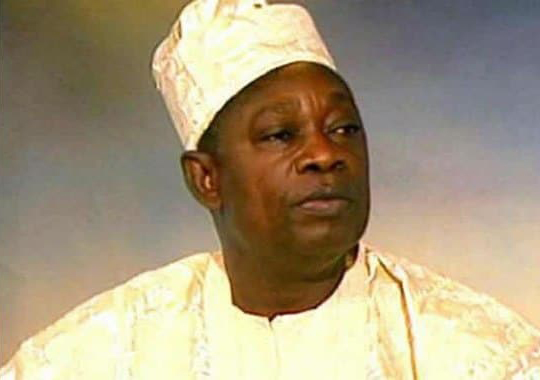Retrospect
The Arrest of Moshood Abiola
Abiola’s arrest led to heightened political tension in Nigeria. Protests were held across the country, with many Nigerians and global observers demanding his release and the restoration of democracy.

On June 19, 1995, an event occurred that not only stirred the political atmosphere of Nigeria but also generated international outcry. Moshood Kashimawo Olawale Abiola, the presumed winner of the annulled 1993 presidential election, was arrested by Nigeria’s military government for declaring himself as president. This critical juncture in Nigeria’s political history continues to evoke conversations on democratic governance and human rights.
Moshood Abiola, a successful businessman turned politician, was a prominent figure in Nigerian politics. Born in 1937, he rose from a humble background to become one of the wealthiest individuals in Africa, renowned for his philanthropy and passionate advocacy for democracy. His decision to venture into politics was met with widespread acceptance, a testament to his influence and popularity.
The presidential election held on June 12, 1993, was a beacon of hope for many Nigerians yearning for a democratic dispensation after prolonged military rule. Moshood Abiola, running on the platform of the Social Democratic Party (SDP), was declared the presumed winner in what is often hailed as the freest and fairest election in Nigeria’s history. However, the election result was annulled by the military government led by General Ibrahim Babangida, plunging the nation into a political crisis.
In response to the annulment, Abiola courageously declared himself as president on June 11, 1994, in a historic ‘Epetedo Proclamation,’ named after the Lagos suburb where he made the announcement. He insisted that the Nigerian people had spoken through their votes and demanded that their choice be respected.
This bold act, however, led to his arrest on June 19, 1995, by the military government then led by General Sani Abacha. The arrest triggered an outpouring of both local and international condemnation. Various human rights organizations and international governments decried the arrest, arguing that it infringed on basic democratic rights.
Abiola’s arrest led to heightened political tension in Nigeria. Protests were held across the country, with many Nigerians and global observers demanding his release and the restoration of democracy. However, these calls fell on deaf ears, with Abiola remaining in detention until his death in 1998, just as Nigeria was transitioning back to civilian rule.
The arrest of Moshood Abiola marked a critical turning point in Nigeria’s struggle for democracy. It sparked widespread protests and was instrumental in intensifying the push for a return to democratic governance. The event also underscored the lengths to which the military government was willing to go to maintain its grip on power, in blatant disregard for democratic norms and principles.
Today, Abiola’s legacy continues to resonate in Nigeria’s political and social landscape. The annulled June 12 election was in 2018 officially recognized as Nigeria’s Democracy Day, a clear acknowledgment of the role Abiola played in the fight for democracy. Despite the circumstances surrounding his arrest and untimely death, Abiola remains a symbol of resistance against authoritarian rule, and his efforts to uphold the will of the Nigerian people are eternally engraved in the annals of Nigeria’s history.